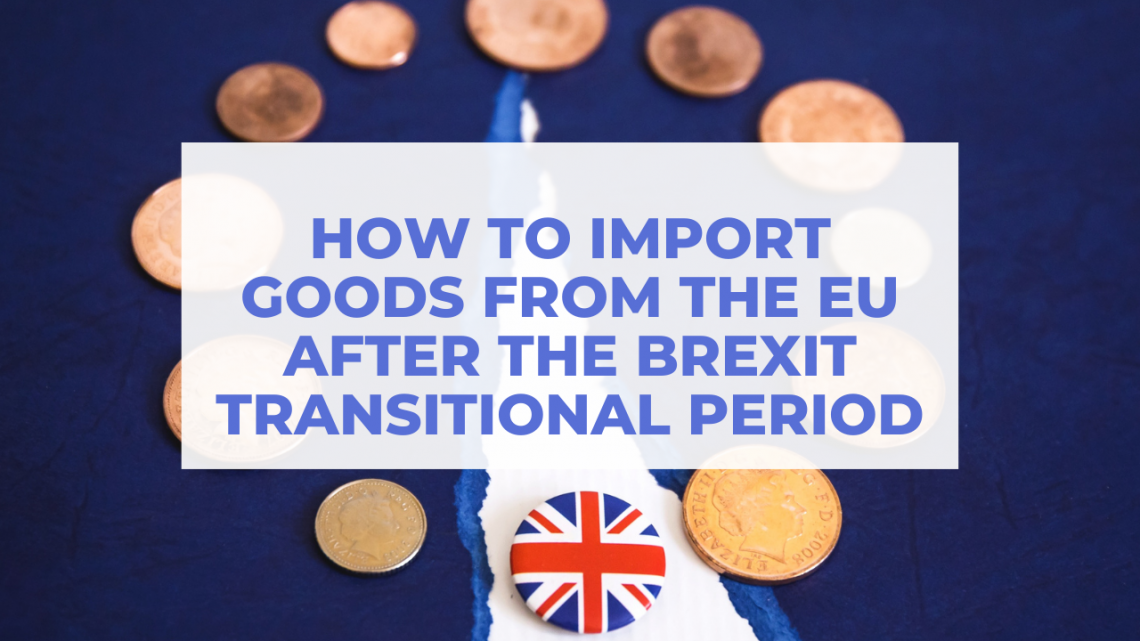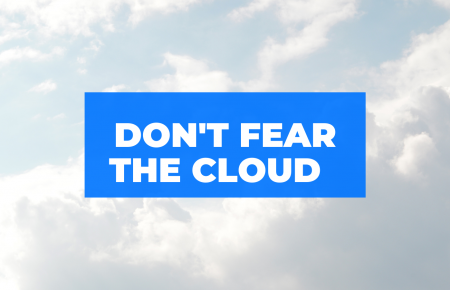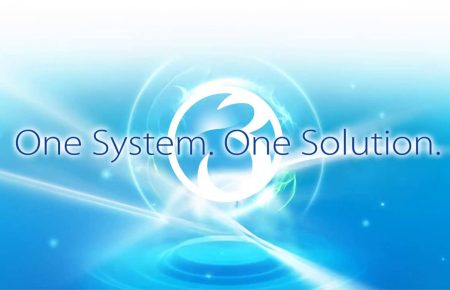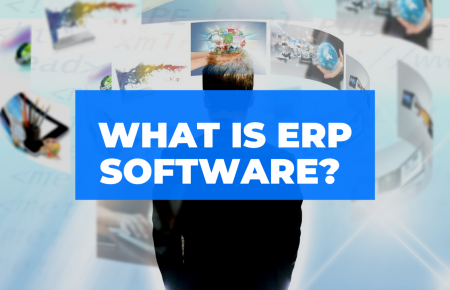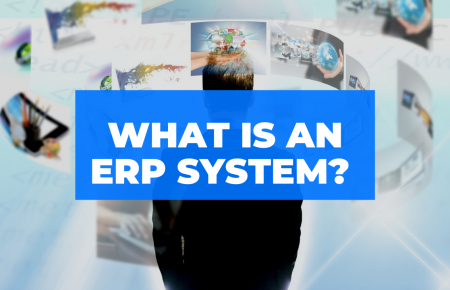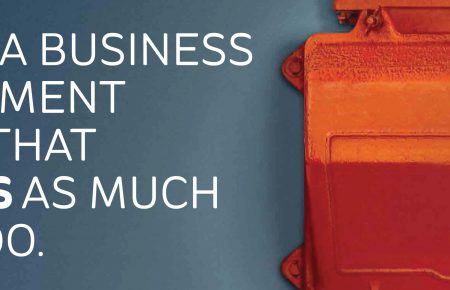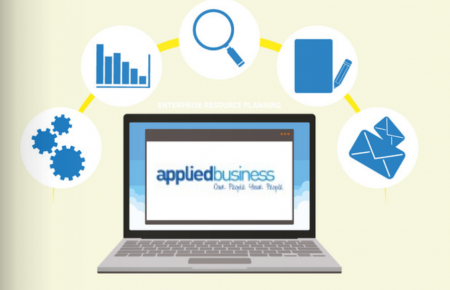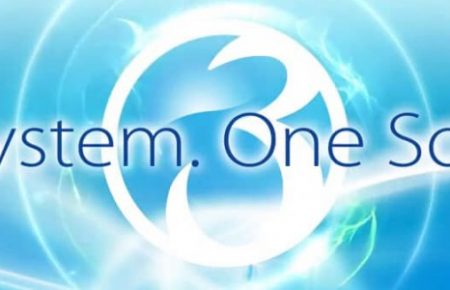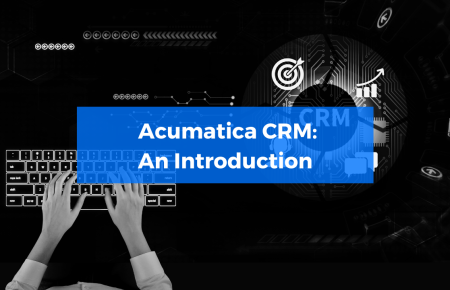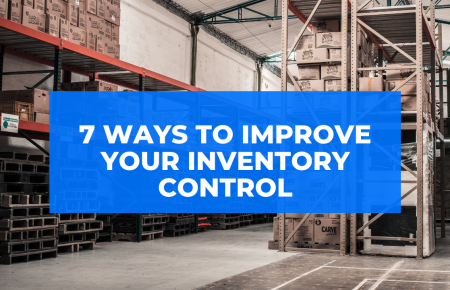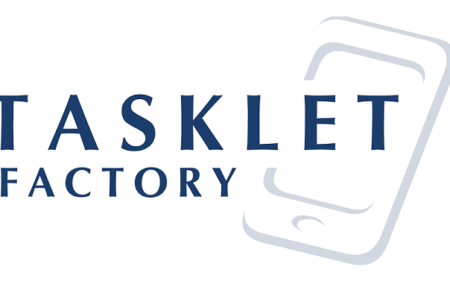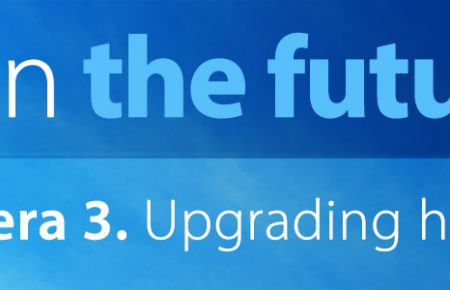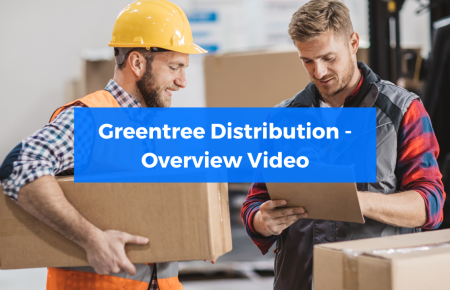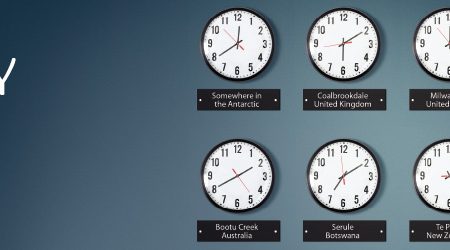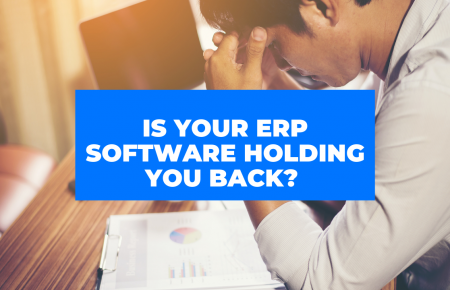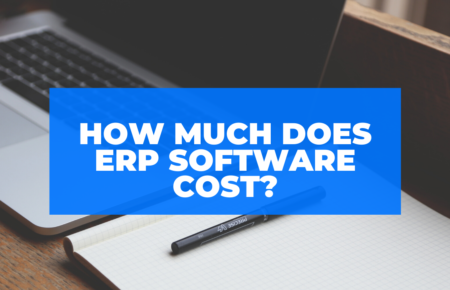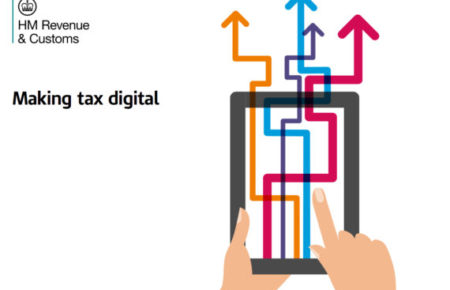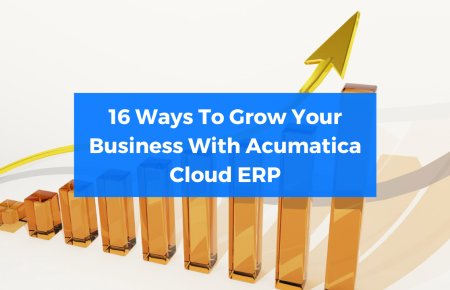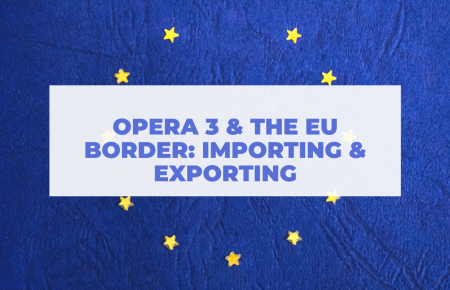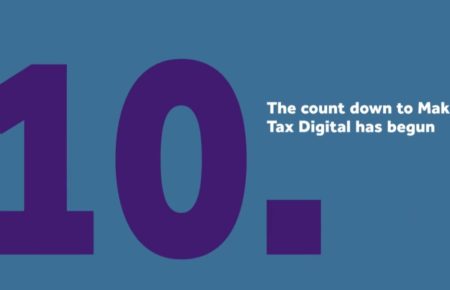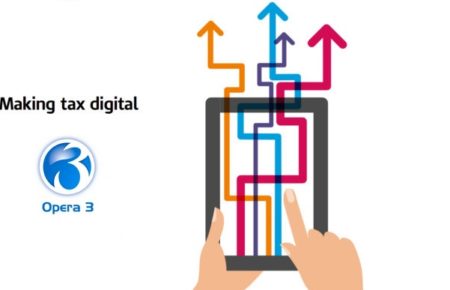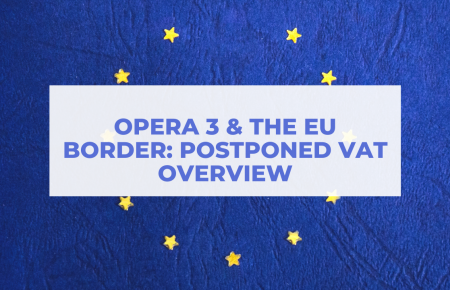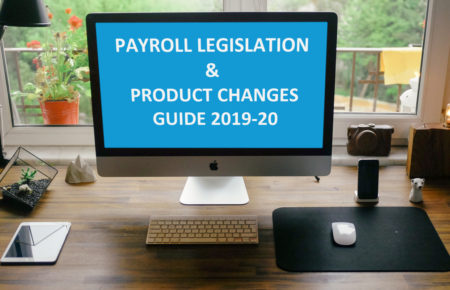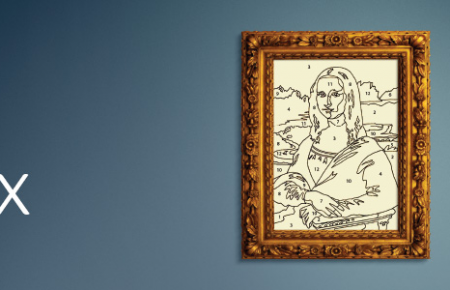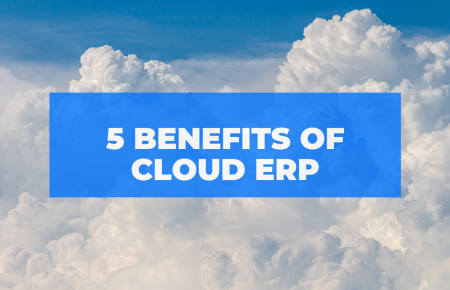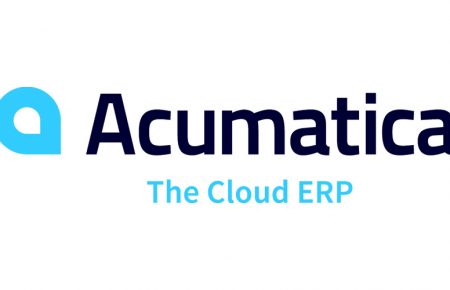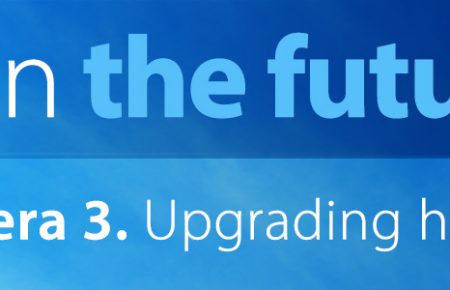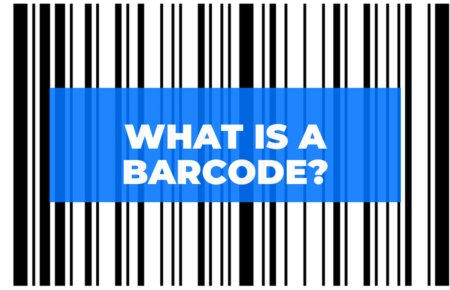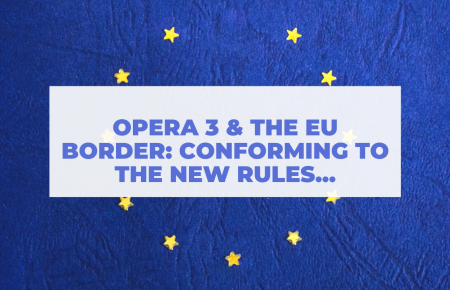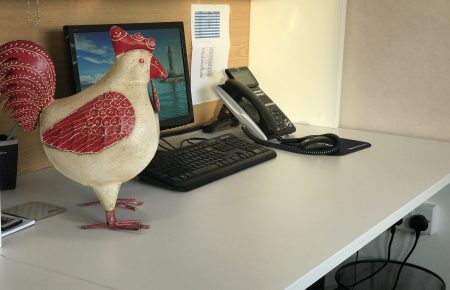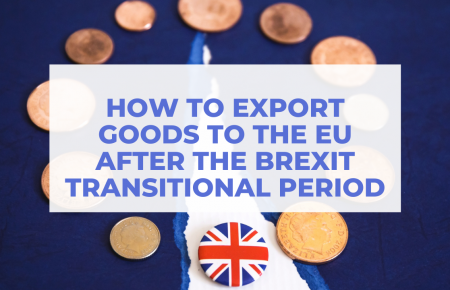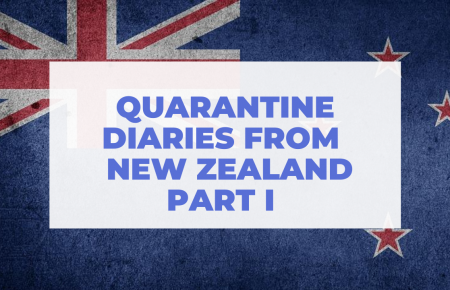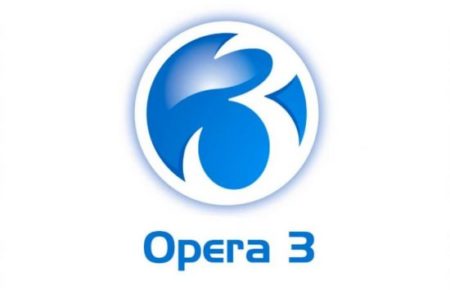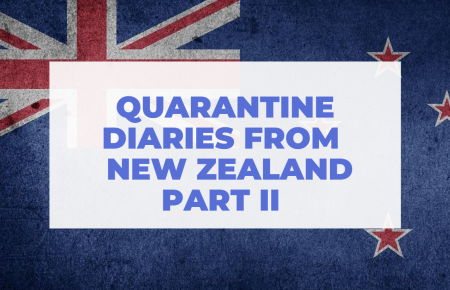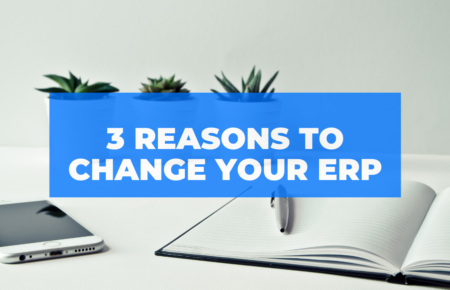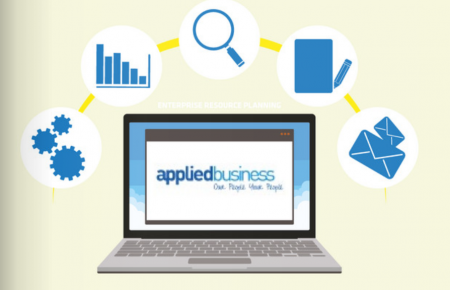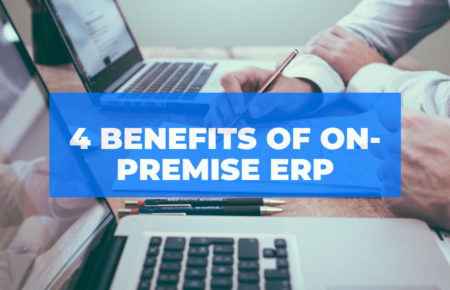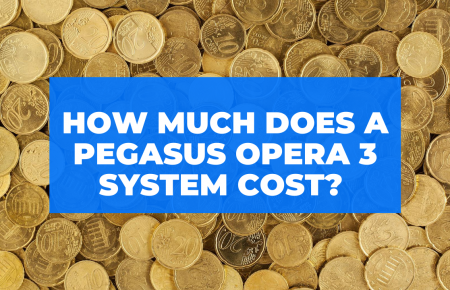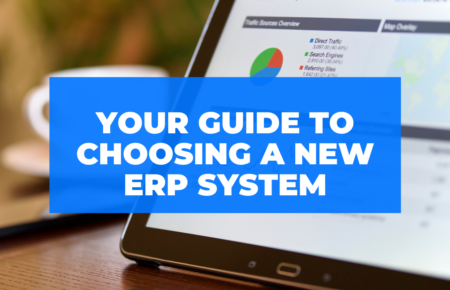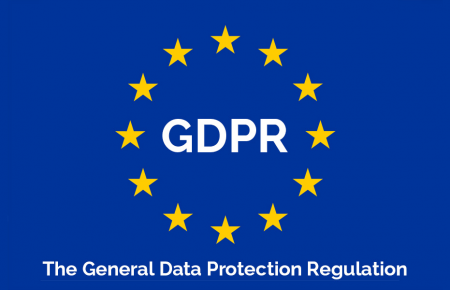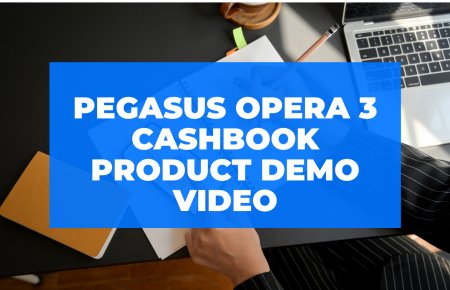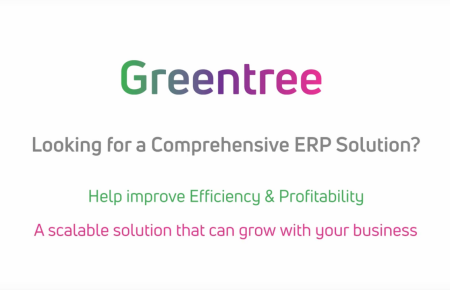As an importer of goods from the EU what do I need to do before the Brexit transitional period ends?
This article aims to help businesses make sure that they have taken the necessary steps to continue importing from EU businesses after the Brexit transitional period has ended i.e. 31st December 2020
For those of you who just want to confirm that they are well-prepared and understand the new operating procedure from the 1st January 2021 here is our provisional action list for trouble-free importing from the EU.
- Select your preferred method of importing goods from the EU. For instance, Deferred Declarations, Standard Import, Simplified Declaration or Transit. Each of these import methods have nuanced procedures that must be adhered to.
- Make sure you have an EORI number issued by the UK because you can’t trade without one
- Check to see if your goods need an import licence/certificate as is the case for foods and livestock
- Check the goods are not prohibited or restricted in any way from entering the UK
- Check the VAT guidance to understand your VAT responsibilities
- Find a customs intermediary if you are not already using one
- Authorise the intermediary for the Simplified Declaration procedure
- Check the UK Global Tariff for your goods to understand what duties must be paid
- Make sure you are authorised for a Duty Deferment account to pay any duties
- Make sure you have all the information to complete a supplementary declaration in your own records
- Provide the necessary information to your customs intermediary so that they can complete the supplementary declaration on your behalf
- Ensure the declarant (EU exporter) of your goods has done everything that they need to do to make sure the goods successfully pass through customs
- Your customs intermediary will complete the supplementary declaration on your behalf
- The relevant duty deferment account will be debited after the supplementary declaration has been submitted
- Keep all import records for traded goods for a minimum of six years
For more information about some of the points above, please read on or refer to this excellent publication https://assets.publishing.service.gov.uk/government/uploads/system/uploads/attachment_data/file/910155/How_to_import_goods_from_the_EU_into_GB_from_January_2021.pdf
What do I need to do to import from the EU from January 2021?
- Decide on how you will import your goods from the EU. The main options are:
- Deferred Declarations, which will permit delayed submission of the customs declaration and paying duties for up to six months after import
- Standard Import for all goods
- Simplified Declaration, for standard and some controlled goods. You need to be authorised to use this process.
- Transit, mainly used when you are moving goods through multiple territories or you want to complete your customs formalities away from the border
For further guidance on importing see https://www.gov.uk/starting-to-import/importing-from-noneu-countries
- Make sure you have applied for an Economic Operators Registration and Identification number or EORI number because you need an EORI number to move goods between the UK and other countries including the EU. To apply for an EORI number follow this link https://www.gov.uk/eori
- Check if your goods need an import licence/certificate as is the case for foods and livestock. For more information licences and certificates see https://www.gov.uk/starting-to-import/import-licences-and-certificates
- Check the VAT guidance to make sure you understand your responsibilities and comply with administrative best practices. For further information see https://www.gov.uk/topic/business-tax/vat
- Customs processes are complicated, so most businesses use customs intermediaries such as customs brokers or agents, freight forwarders or express couriers to complete customs processes on their behalf. We have assumed that you will be using a customs intermediary for the purposes of this article. So, if you are not already using a customs intermediary then you must select one. For advice on customs intermediaries see https://www.gov.uk/guidance/list-of-customs-agents-and-fast-parcel-operators
- Check the UK Global Tariff for your goods to understand what duties must be paid. For information on UK tariffs see https://www.gov.uk/check-tariffs-1-january-2021
To do this effectively you must have classified your goods and established their correct commodity code or harmonised system (HS) code. If you’re not sure how to classify your goods refer to https://www.gov.uk/guidance/finding-commodity-codes-for-imports-or-exports
If you need our help to update your ERP stock information with your selected commodity codes please do not hesitate to ask.
- Before you can make an import supplementary declaration you must have a duty deferment account set up. This account will be used to pay any duties owed on goods by monthly direct debit. For further details on this see https://www.gov.uk/guidance/check-which-type-of-account-to-apply-for-to-defer-duty-payments-when-you-import-goods
- Make sure you record your import in your own records and you provide all the information your customs intermediary needs to complete the customs declaration on your behalf. Basically, do as you are told by your customs intermediary and everything will be fine. For further information on making an import declaration in your records see https://www.gov.uk/guidance/making-an-import-declaration-in-your-records
- Ensure that the EU Exporter of your goods has done everything necessary for a smooth passage through EU customs. As a minimum this will include:
- Have an EU EORI number from the relevant EU authority
- Got any relevant export/specialist goods licences/certificates
- and, has completed the export declaration on their country’s declaration system
- Finally, having provided all the information your customs intermediary requires they can complete a supplementary declaration. Once the supplementary declaration has been submitted the designated duty deferment account will be debited by the amount owed in duty. For further guidance see https://www.gov.uk/guidance/paying-vat-and-duties-on-imports
Remember if you are an Intrastat business you must make sure you or your customs intermediary continues to submit intrastate returns. For information on Intrastat requirements see https://www.gov.uk/government/publications/notice-60-intrastat-general-guide/notice-60-intrastat-general-guide
In conclusion, we appreciate Brexit has probably made a significant impact on the complexity and bureaucracy required to import your goods from the EU. These changes will almost certainly require time-consuming updates to supplier and product information within your Greentree or Pegasus Opera 3 business management and accounting (ERP) systems.
We’re pleased to announce that both Greentree and Pegasus Software have fast-tracked through enhancements to their software to cover the Brexit changes and we will be rolling out updates as quickly as we can to those businesses in most need.
Please don’t hesitate to ask for our assistance with the bulk updating of information, or changes to your document designs within your ERP system. We can upload changes from spreadsheets and run scripts to make bulk changes to information much quicker than editing records individually.
Please get in touch if you require any assistance with:
- The creation of, or adjustment to your document designs
- The bulk updating of product information such as Country of origin, Commodity codes, Net and Gross weights
- The bulk updating of supplier records including new VAT codes and EORI numbers
- The bulk updating of your purchase order VAT codes
- Anything other subject related to this article
Get In Touch!
Related Posts:
How to export goods to the EU after the Brexit transitional period

